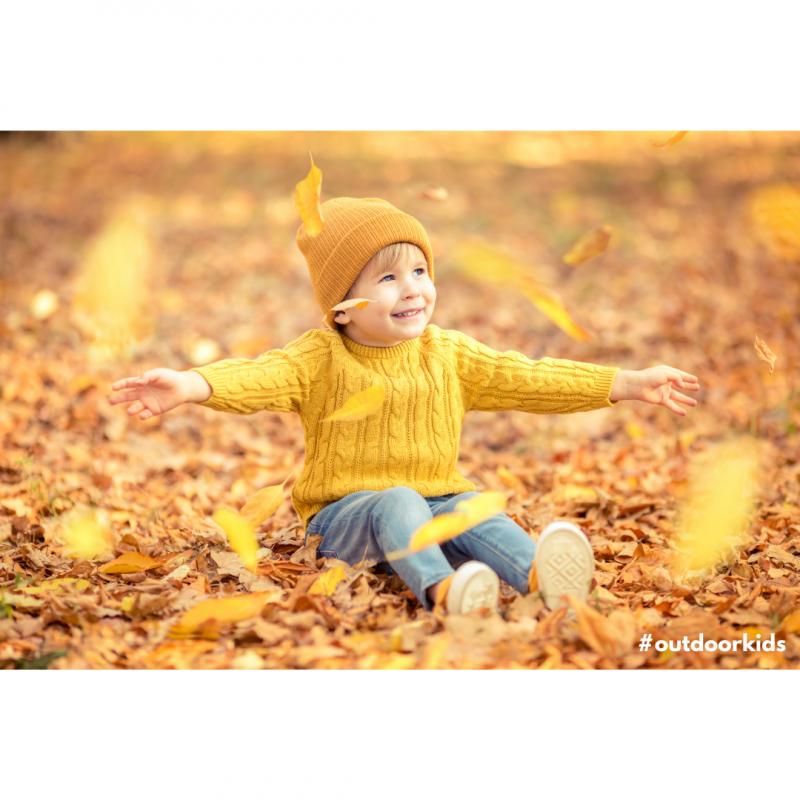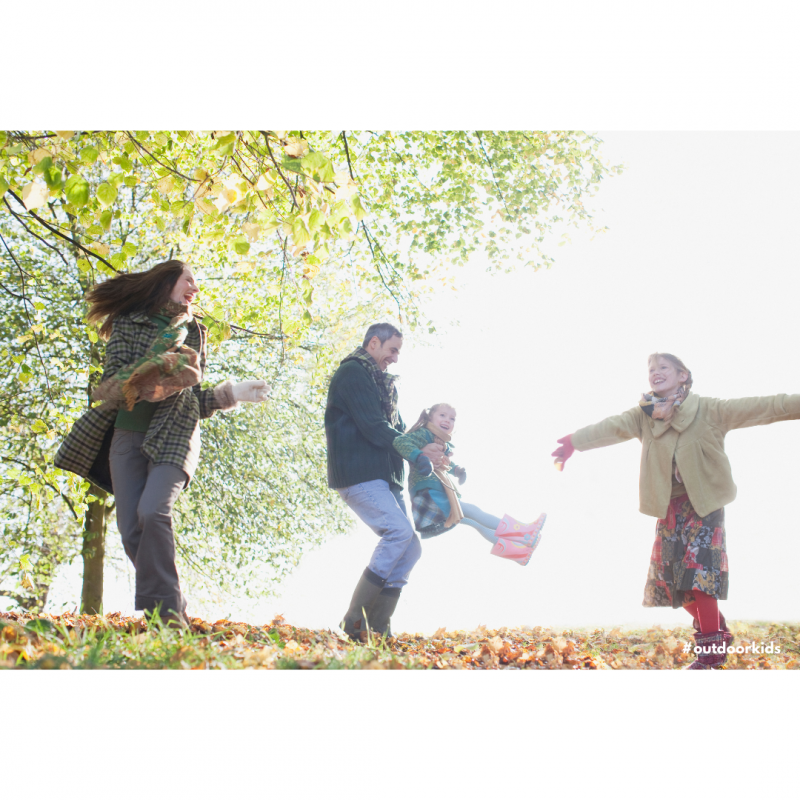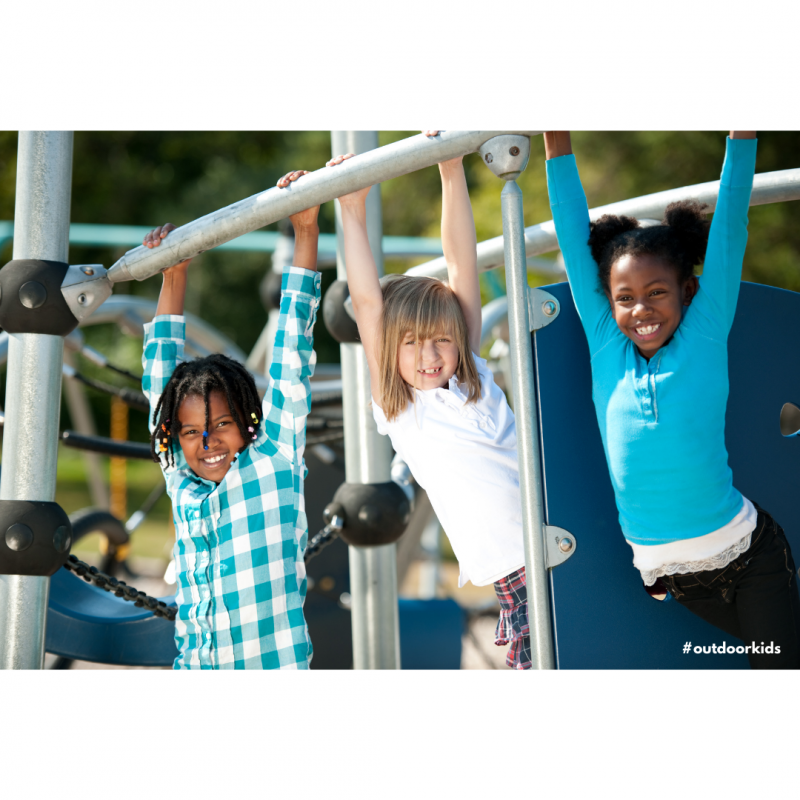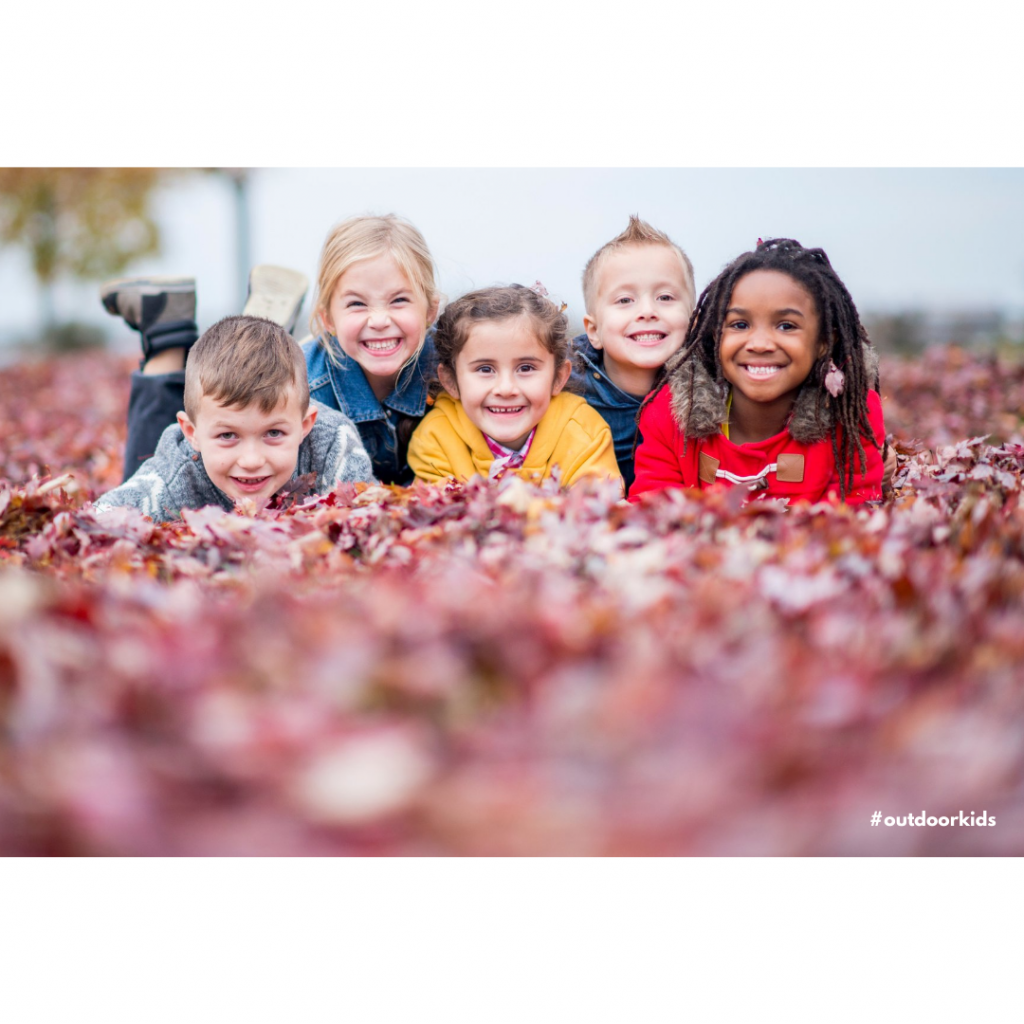How many times have you told your children that it’s too cold to go outside, or too wet, or too hot? We have probably all said it once or twice. Or, “You’re going to catch a cold if you don’t put on your coat and hat!”
With the chill of winter settling in, it is timely to discuss the importance of outdoor play. During the cooler months, it is common for children to be restricted to indoor play at home, and only permitted to play outdoors when it is warm and sunny.
It isn’t the cold weather that makes children sick. Granted, when the weather is colder, our bodies work harder to keep warm.
However, with the correct clothing to protect children from the elements, there are several benefits to playing outdoors during autumn and winter.

1) Outdoor Play in the Cold Strengthens the Immune System
Children’s immune systems can be significantly boosted by playing in a natural environment.
Winter frequently gets a bad name for making children poorly, but the key reason for contracting germs is staying indoors and around people who are unwell. With little ventilation, germs are easily circulated, making children more susceptible to viruses. Playing outdoors in the fresh, chilly, open air can boost kids’ immune systems, developing their ability to fight off infections and build resistance to allergies.Research has shown that school children who participate in active play outside in the rural areas are healthier than their peers.
2) Outdoor Play in the Winter Months Helps to Burn Extra Energy
In the winter months, it’s tempting to keep children indoors, but then with that may bring sedentary screen-time. Kids who are full of pent-up energy may act out in class and at home due to frustration. The playground is an ideal way to burn off extra energy and stop kids from getting antsy. Children can socialise with their friends and have a blast by running, jumping and exercising key muscle groups. When playing outdoors, kids can keep fit and continue developing their physical skills. Outdoor play reduces the risk of obesity by getting blood flowing to the organs, at the same time as keeping them fit and healthy.
Research shows that regular outdoor breaks during the school day can improve academic performance and concentration in class.

3) Outdoor Play in Different Conditions Promotes Problem-Solving and Cognitive Thinking
Colder weather brings lots of different and fresh challenges for kids and offers new ways of learning outdoors.
Children are encouraged to assess risks such as slippery surfaces caused by the rain and frost; they can then adapt their play to ensure safety. It also helps children to acquire new problem-solving skills and promotes cognitive thinking.
Learning about the elements and nature in class is one thing, seeing and experiencing them is another. Playing in the cold encourages children to ask and to learn about the rain cycle and at what temperature rain turns into ice.
Why do the leaves change colour in autumn? Why, after playing outside for 10 minutes, do they feel much warmer than they initially did? Playing outside in different weather conditions delivers a new found appreciation of nature.

4) Outdoor Play in the Winter Boosts Vitamin D levels and Uplifts Mood
Our body naturally produces Vitamin D, but it can’t do that without being exposed to the sunlight. We don’t get as much sunlight during the winter months as we do during the summer when we’re spending time outside, enjoying the warm weather
We need sun exposure to make vitamin D, a vitamin that plays a crucial role in many body processes, from bone development to our immune system. Sun exposure also plays a role our immune system in other ways, as well as in healthy sleep — and in our mood. Our bodies work best when they get some sunshine every day.Sun also regulates mental and emotional moods, increases energy and sharpens memory. In as little as 15 minutes of playing outside, children can get their daily dosage of vitamin D.

As a society, we must revise our way of seeing winter as a time for children to spend less time outdoors.
To encourage your children to go outdoors, you should limit their time on digital screens, including mobile technology and televisions.
By trying to protect them from colder weather, we are doing the opposite and hindering learning.
Not only is it better for your kids’ health to get some movement every day, but it’s good for your health to join them. The whole family can benefit from better digestion, better sleep, better moods, and some happy memories.
Our outdoor learning environments will inspire children to play and learn outdoors in all weathers. Explore our website and feel free to contact us.

